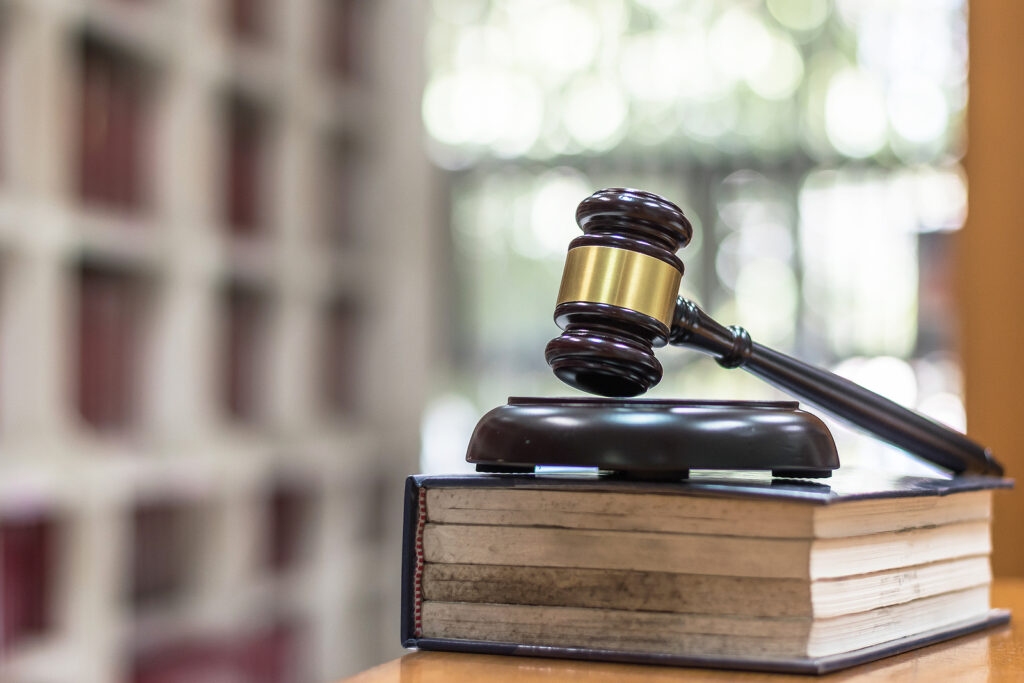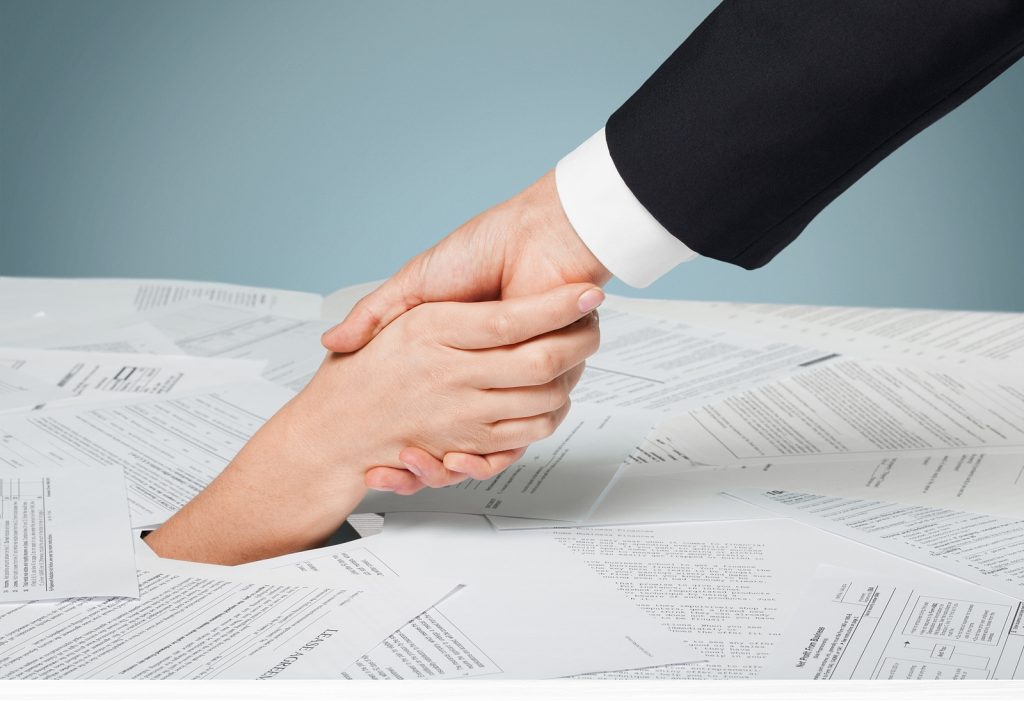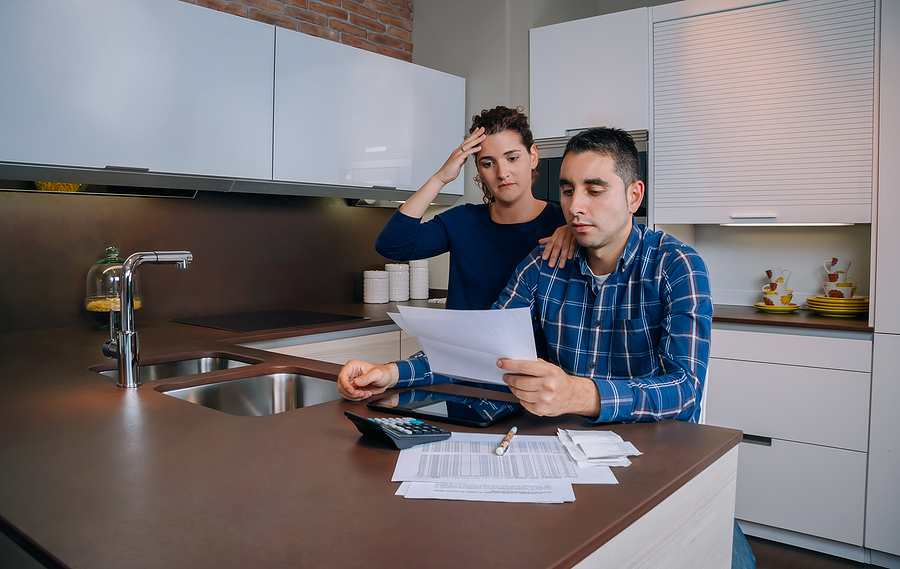Do You Lose Your Cash Savings if You File Chapter 13 Bankruptcy?
You won’t automatically lose your cash savings—or any type of savings—if you file for Chapter 13 bankruptcy. However, how much cash you have on hand or the value of your other property can impact your Chapter 13 repayment plan.
Filing for any type of bankruptcy is a serious financial decision. While bankruptcy petitions have benefits such as the automatic stay, they also have serious implications for your credit and personal financial situation. Understanding the advantages of a Chapter 13 bankruptcy as well as any potential disadvantages is critical to making a decision that’s in the best interests of you and your family.
Often when people are faced with financial woes, they fall into the trap of making decisions out of desperation. They may act without having all the facts, and that can lead to results that don’t fully serve their needs or support their goals for the future. Before you opt for Chapter 13 bankruptcy, reach out to the Holland Law Office. Our team will help you understand the implications of your situation and the options you have for debt recovery, including bankruptcy.
We’ll answer questions about which of your assets you might be able to keep and how to protect your property during bankruptcy. In the meantime, learn more about whether you might be able to keep any cash savings if you file for Chapter 13 bankruptcy below.
Do You Have to Liquidate in a Bankruptcy?
Many people think that they have to sell everything they own and turn over all their assets in bankruptcy. That’s not the case for any type of bankruptcy, really, and certainly isn’t the case for a Chapter 13 bankruptcy, which involves a debt repayment plan.
Chapter 7 bankruptcy is sometimes referred to as a liquidation bankruptcy. In this type of bankruptcy, the trustee does gather some of your assets and use them to pay back some money to your creditors before your debts are discharged. That can include some of your cash savings.
However, even in a Chapter 7 bankruptcy, some of your assets are exempted. You’re allowed to keep a certain amount of cash, for example, as well as personal belongings, your home (as long as you don’t have more than a specific amount of equity in it), and even a vehicle or two.
In such cases, a bankruptcy attorney can help you understand what exemptions you qualify for and what you may be able to keep during a bankruptcy proceeding.
Can You Keep Cash Savings if You File a Chapter 13 Bankruptcy?
Chapter 13 bankruptcies are different from Chapter 7 bankruptcies. In a Chapter 13 procedure, you agree to pay back a certain amount to creditors over the course of 3 to 5 years. These payments are made to a trustee who portions the money out to creditors according to bankruptcy rules.
One benefit of Chapter 13 bankruptcies is that you can often keep your assets, including a home, vehicles, and even some cash savings. Exemptions don’t apply in the same way in this type of proceeding.
However, the amount of assets you have and how much you earn can determine how much you have to pay back over the course of the Chapter 13 bankruptcy. So, while your savings might not be taken to pay creditors immediately, you may have to pay back more over the 3 to 5 years of your bankruptcy repayment plan.
If you have an emergency fund or a substantial amount saved for any reason, be upfront about your assets with your bankruptcy attorney. He or she can help you understand what your cash savings might mean for bankruptcy decisions.
Can You Keep Your Retirement Savings?
Many qualified retirement savings are exempt during bankruptcy whether you file Chapter 7 or Chapter 13. This includes employer-sponsored 401(k) plans, many IRAs and pensions, among others.
So, if you’ve worked hard over the years to put money away for your retirement and those assets are housed in such plans, they likely are not at risk during a bankruptcy.
Hire an Attorney for Your Chapter 13 Bankruptcy
In many cases, people don’t enter into bankruptcy with a lot of cash savings. They may have used up what savings they had trying to stay afloat financially only to realize that it wasn’t working. This is especially true when someone seeks the protection of bankruptcy to avoid foreclosure on their home, as bankruptcy may be their final option in financial recovery.
However, in cases where someone recognizes the issues with their financial status early enough, savings may still be present. Obviously, if you can avoid losing all of your assets as you seek to recover from a financial struggle, you want to do that.
Working with an experienced bankruptcy attorney provides you with the support you need for the most positive outcome possible. Bankruptcy is not an easy process. It involves a lot of paperwork, and attention to detail and knowledge of the bankruptcy system is important.
Reach out to the Holland Law Office today if you are struggling with debt and think bankruptcy may be your only option. We can help you understand how to protect your assets when possible and advise you about the best path forward toward financial recovery. Call us today at 970-232-3067.







